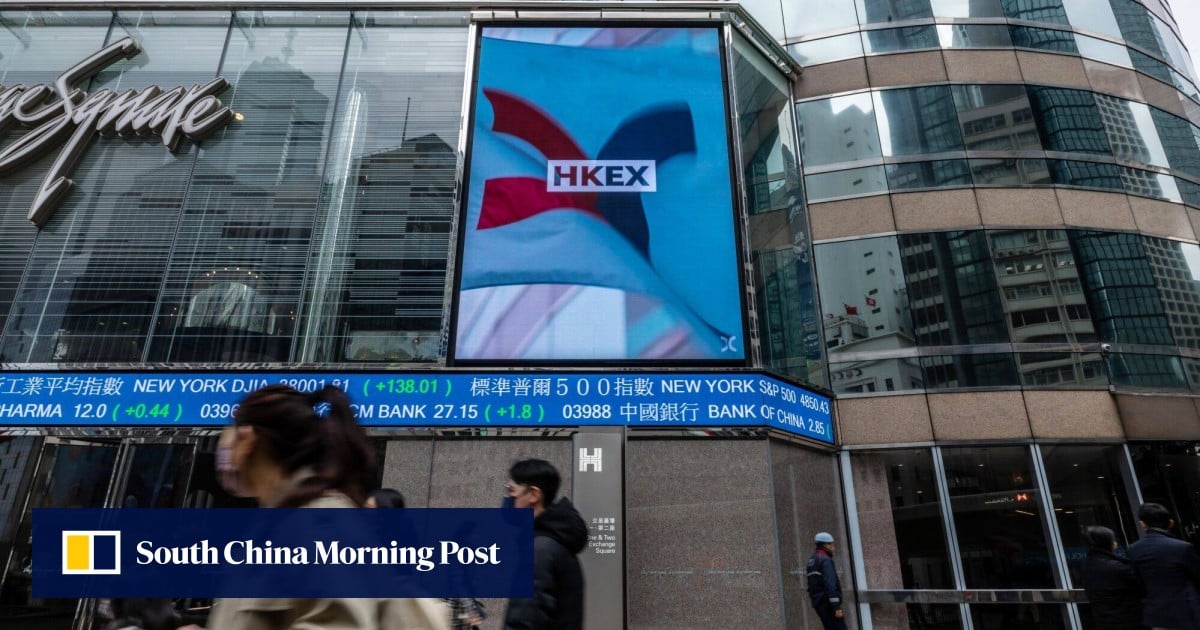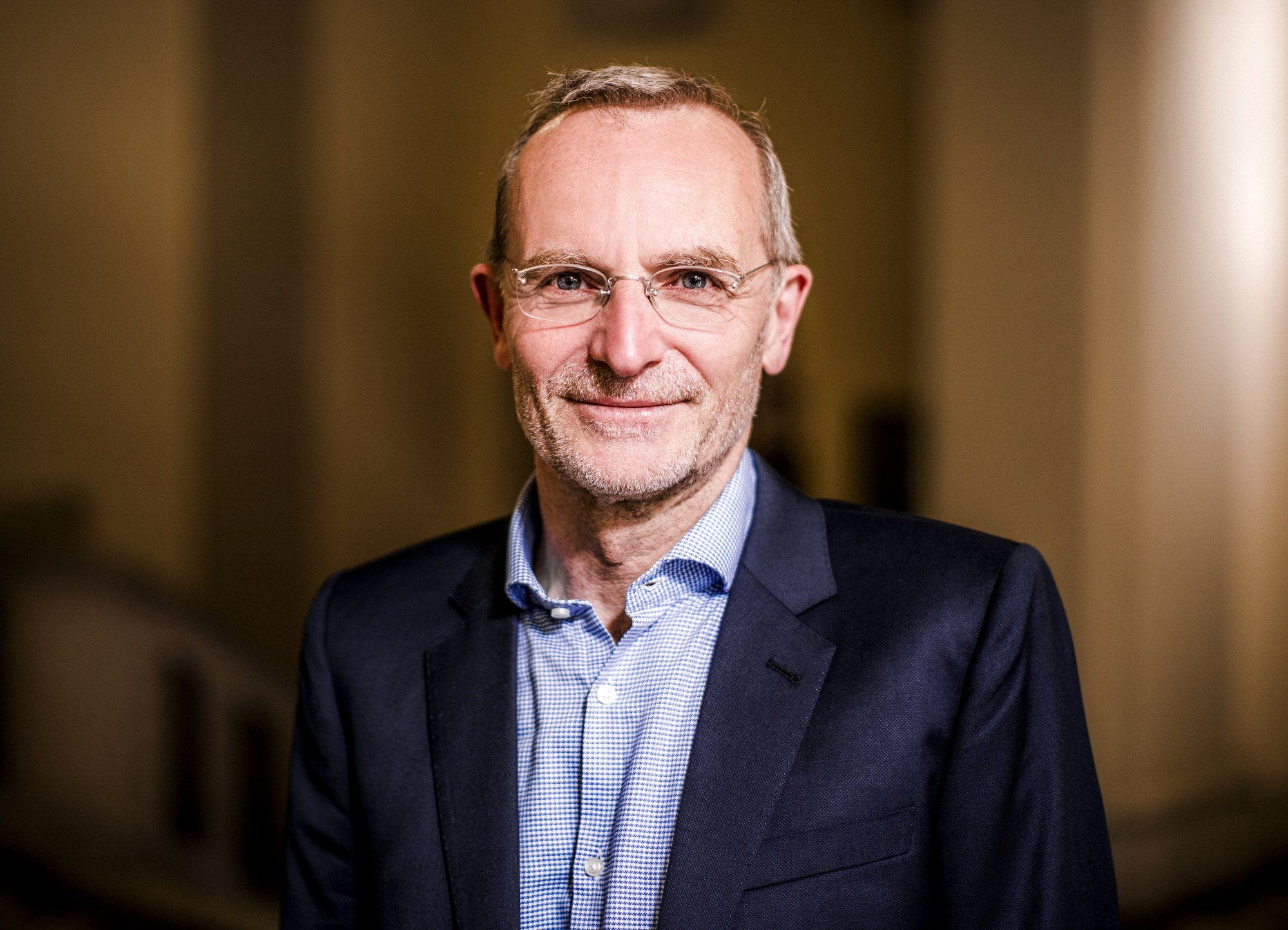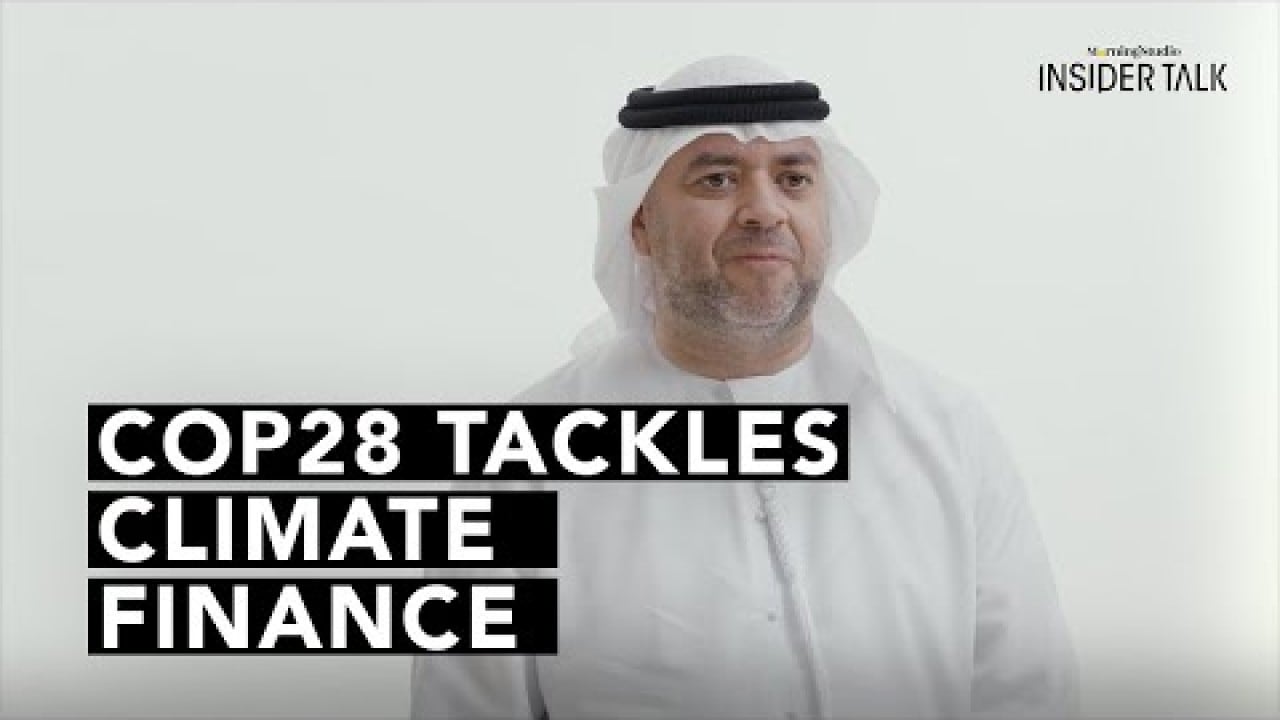
18 Mar Greenhouse Gas Protocol: Asia-Pacific firms have work cut out on meeting climate-disclosure requirements, executive implementing standards says
“To support companies in Europe and Asia, training, clear guidelines and cooperation with customers and suppliers are necessary.”
The protocol was set up by Washington-based World Resources Institute and Geneva-headquartered World Business Council for Sustainable Development in 1998, to develop internationally accepted greenhouse gas accounting and reporting standards for businesses, and to promote their broad adoption.
More than 10,000 companies have reported their emissions to CDP, a non-profit previously known as Carbon Disclosure Project. CDP runs the world’s environmental disclosure system using the GHGP standards, according to the initiative’s website.

The GHGP has guidance documents available on its website, as well as best practice examples on how to handle challenges that companies face when reporting emissions, he added.
“Companies very often look at what other competitors are doing,” he said. “They are taking that as an example of best practice, especially when information is available on what they are doing in a certain industry. It helps especially at the beginning to see what is the benchmark. Best practice examples are very helpful for those who [are just starting] their GHGP reporting.”
China’s sustainability funds have tripled since launch of climate goals: Morningstar
China’s sustainability funds have tripled since launch of climate goals: Morningstar
On March 6, the US’s Securities and Exchange Commission also approved new rules based on the GHGP that make climate-related disclosures mandatory for large companies.
Under the final rules, the largest companies must report their direct emissions from owned or controlled sources, known as Scope 1, and indirect emissions from the generation of bought energy, known as Scope 2, for the 2026 financial year.
However, the original proposed requirement to make reporting of Scope 3 emissions – those from upstream and downstream activities in a firm’s value chain – mandatory was eliminated.
Whereas the US moved back from mandating companies to report on their Scope 3 emissions, the direction is more clear in Asia-Pacific, where more jurisdictions are moving towards mandatory Scope 3 disclosures and other climate disclosures, according to Terence Jeyaretnam, EY’s Asia-Pacific climate change and sustainability services leader.
EU climate demands set to erode Chinese EV makers’ export edge: expert
EU climate demands set to erode Chinese EV makers’ export edge: expert
“This trend, coupled with Asia-Pacific’s importance in manufacturing and global supply chains, means that the data, know-how and expertise required to understand companies’ climate and sustainability impacts will continue to accumulate in Asia, making the region both competitive and progressive on ESG disclosures, and therefore forward action,” Jeyaretnam said.
Improving sustainability along the supply chain will require new mindsets, tools and investments, Swiss bank UBS said in a report on March 11.
“Policymakers can provide the ground rules to promote transparency, consistency, data access and structure the incentives required to encourage this transformation,” UBS said.
Hong Kong-listed firms not ready for imminent climate-related disclosure rules
Hong Kong-listed firms not ready for imminent climate-related disclosure rules
“Companies up and down the value chain must deploy new systems, technology and collaborations to achieve compliance and future-proof against tightening regulations.”
To help companies with ESG data preparation and analysis along the value chain, Singapore-headquartered software-as-a-service company ESGnie has launched an investment analysis tool using data science and artificial intelligence (AI).
The ESGnie tool can tackle both data engineering issues and data analysis efficiency, according to co-founder and CEO Jiale Tan. ESGnie’s accuracy for unstructured data extraction is 98 per cent, with a 1,000-times improvement in productivity on average, according to Tan.
In a pilot project for the United Nations-backed Green Climate Fund, ESGnie took three hours to analyse a funding proposal using AI, which would previously have taken three climate specialists three days to go through, Tan said.
“Different disciplines need to work together to understand the effects [of climate change] from a technical or nature science perspective, to combine that with economic or business knowledge,” said GHGP’s Bassen.
“This is something that is from my point of view also one of the critical success drivers.”

